The Alex Jones verdict and the lasting damage from misinformation
The sharpest opinions on the debate from around the web


A free daily email with the biggest news stories of the day – and the best features from TheWeek.com
You are now subscribed
Your newsletter sign-up was successful
Alex Jones is likely the most visible and well-known conspiracy theorist in the United States, and his self-founded, alt-right platform InfoWars has become a bastion for a number of debunked myths and bizarre plots. Jones' luck finally ran out last week, though, when he was ordered during a defamation trial to pay $965 million to families of the victims of the 2012 Sandy Hook school shooting, which Jones has previously referred to as a fake "drill" perpetrated by crisis actors.
During the trial, Jones eventually admitted to understanding the massacre was "100 percent real," but by then he had been promoting Sandy Hook as a false flag operation for years on InfoWars. As a result, this conspiracy theory was propagated to a massive audience, as InfoWars reportedly had a larger audience than mainstream publications such as Newsweek and The Economist.
With Jones now financially liable for his rhetoric on Sandy Hook, many believe he should be held responsible for the spread of other misinformation, too, given the reach of his platform and the fact that his baseless claims often receive significant media attention. However, others believe the spread of misinformation has been a wider problem for years, and say it's unfair to simply blame Jones for the rise in conspiratorial thinking. Just how much lasting damage has Jones caused, and how culpable is he for the spread of misinformation?
The Week
Escape your echo chamber. Get the facts behind the news, plus analysis from multiple perspectives.

Sign up for The Week's Free Newsletters
From our morning news briefing to a weekly Good News Newsletter, get the best of The Week delivered directly to your inbox.
From our morning news briefing to a weekly Good News Newsletter, get the best of The Week delivered directly to your inbox.
Alex Jones brought conspiracy theories into the mainstream
Alex Jones is directly responsible for bringing conspiracy theories out of the fringes over the past decade due to InfoWars' massive following, many argue. "As his audience grew, Jones popularized a vocabulary for pernicious doubt: not just that officials and media are hiding the truth, but that tragic events are being engineered for nefarious purposes," Shannon Bond wrote for NPR. Beyond this, Jones' lies about Sandy Hook "created a template to cast doubt on subsequent mass shootings," and these lies had "real-world consequences" for the victim's families, many of whom testified about death threats and instances of harassment.
Some may find it hard to understand how so many people could believe in these debunked conspiracies, but Sarah Mullins wrote an op-ed for NBC News describing how her mother began to have her beliefs twisted by Jones' rhetoric. "Alex Jones sold my mother a pair of glasses, a lens into the world," she wrote. "But through them, the world doesn't look dirty — it is black and white. For her, the glasses reveal order within chaos, a world where no violence is random. When she's looking through them, she's on the right side of an epic battle between truth and lies."
This leaves the future of American misinformation looking grim, per Mullins: "[My mother], and the millions of other everyday Americans like her, will never take [their glasses] off."
The Alex Jones case will not stop the spread of misinformation
Even as Jones is now required to pay nearly $1 billion in restitutions, misinformation may now be too ingrained in American society to ever take a backseat again. "The verdict against [Jones] is unlikely to put much of a dent in the phenomenon he represents: Belligerent fabulists building profitable media empires with easily disprovable lies," said Kevin Roose in The New York Times. Even as mainstream platforms like Facebook and Twitter have banned Jones, his reach is still massive.
A free daily email with the biggest news stories of the day – and the best features from TheWeek.com
"Jones still appears as a guest on popular podcasts and YouTube shows, and millions of Americans still look to him as, if not a reliable chronicler of current events, at least a wacky diversion," Roose added. "But a bigger reason for caution is that, whether or not Mr. Jones remains personally enriched by his lies, his shtick is everywhere these days."
Roose noted the influence of the provocateur in right-wing media and at the highest levels of power, even in Congress. "You can see and hear Jones' influence on Capitol Hill, where attention-seeking Republican politicians often sound like they're auditioning for slots on Infowars," he wrote. Roose pointed to Rep. Marjorie Taylor-Greene (R-Ga.), who claimed the slate of recent mass shootings in the U.S. could be a plot to get GOP politicians to support gun control, something Jones said extensively about Sandy Hook.
Alex Jones is not only to blame, and conspiracies go far beyond him
Jones is simply one symptom of a larger problem, others argue, and any issues arising from conspiracies can't solely be placed on his shoulders. In fact, Jones could even be considered a proponent of free speech.
In The Arizona Republic, EJ Montini wrote about Arizona state Sen. Wendy Rogers (R), who defended Jones online following a separate defamation lawsuit and tweeted that he "should be able to criticize the official story whenever he wants." Rogers also said she hoped Jones appealed the verdict, and that his actions and words should be covered under the First Amendment.
Some of Jones' claims have also been spread as a result of mainstream media outlets giving their proponents loud voices. This includes people like Jerome Corsi, the D.C. bureau chief for InfoWars, who had an op-ed published in USA Today in which he argued for arming teachers and staff as a way to prevent school shootings. CNN's Oliver Darcy said it was "surprising the third largest U.S. newspaper by circulation would lend its platform to someone as radical as him," and noted that USA Today has a daily readership of more than three million, helping to dramatically increase the number of eyes landing on conspiratorial news.
Alex Jones will be a cautionary tale to conspiracy theorists
Jones' financial punishment may be the beginning of a reckoning for others who spread misinformation. For the families of the Sandy Hook victims, the hope is "that they will be able to establish that conspiracy profiteering off the tragedy of others is not an acceptable business model," the editorial board of The Washington Post wrote in an op-ed. "Let's hope that others in this age of increasing misinformation get that message."
There have also been calls for lawmakers to step into the picture. After the Jan. 6 attack on the U.S. Capitol, Matt Rosoff opined for CNBC that social media companies should be held liable for misinformation spread on their platforms. "Congress should pass ... legislation saying that social media networks can be held liable for damage caused by incitements to violence and libelous false information shared on their platforms," Rosoff wrote.
"The health of American democracy is more important than allowing these companies and their shareholders to continue to profit from allowing propagandists to spread lies and groups to organize violent actions on their platforms," he wrote.
Justin Klawans has worked as a staff writer at The Week since 2022. He began his career covering local news before joining Newsweek as a breaking news reporter, where he wrote about politics, national and global affairs, business, crime, sports, film, television and other news. Justin has also freelanced for outlets including Collider and United Press International.
-
 Political cartoons for February 19
Political cartoons for February 19Cartoons Thursday’s political cartoons include a suspicious package, a piece of the cake, and more
-
 The Gallivant: style and charm steps from Camber Sands
The Gallivant: style and charm steps from Camber SandsThe Week Recommends Nestled behind the dunes, this luxury hotel is a great place to hunker down and get cosy
-
 The President’s Cake: ‘sweet tragedy’ about a little girl on a baking mission in Iraq
The President’s Cake: ‘sweet tragedy’ about a little girl on a baking mission in IraqThe Week Recommends Charming debut from Hasan Hadi is filled with ‘vivid characters’
-
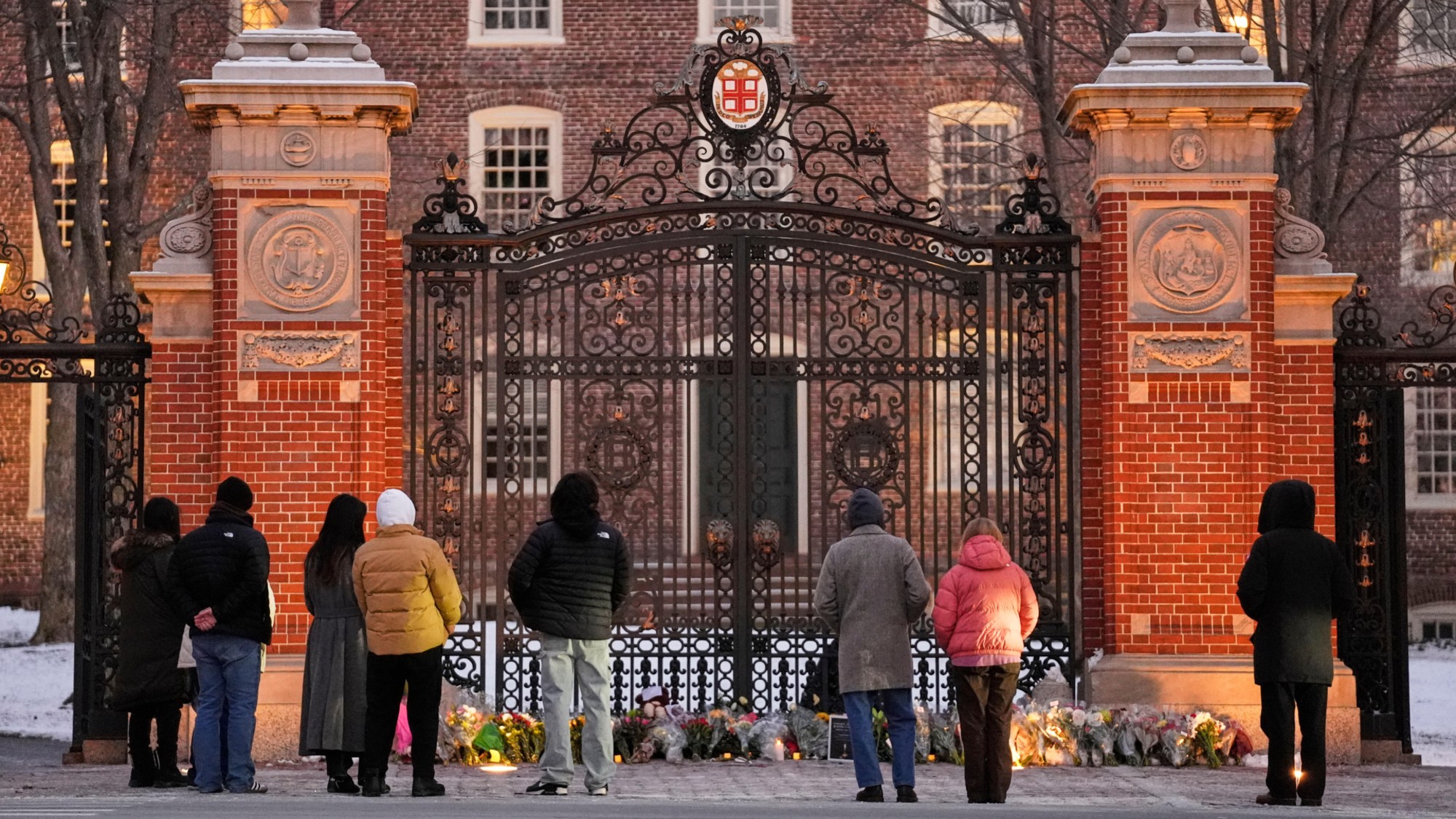 Campus security is under scrutiny again after the Brown shooting
Campus security is under scrutiny again after the Brown shootingTalking Points Questions surround a federal law called the Clery Act
-
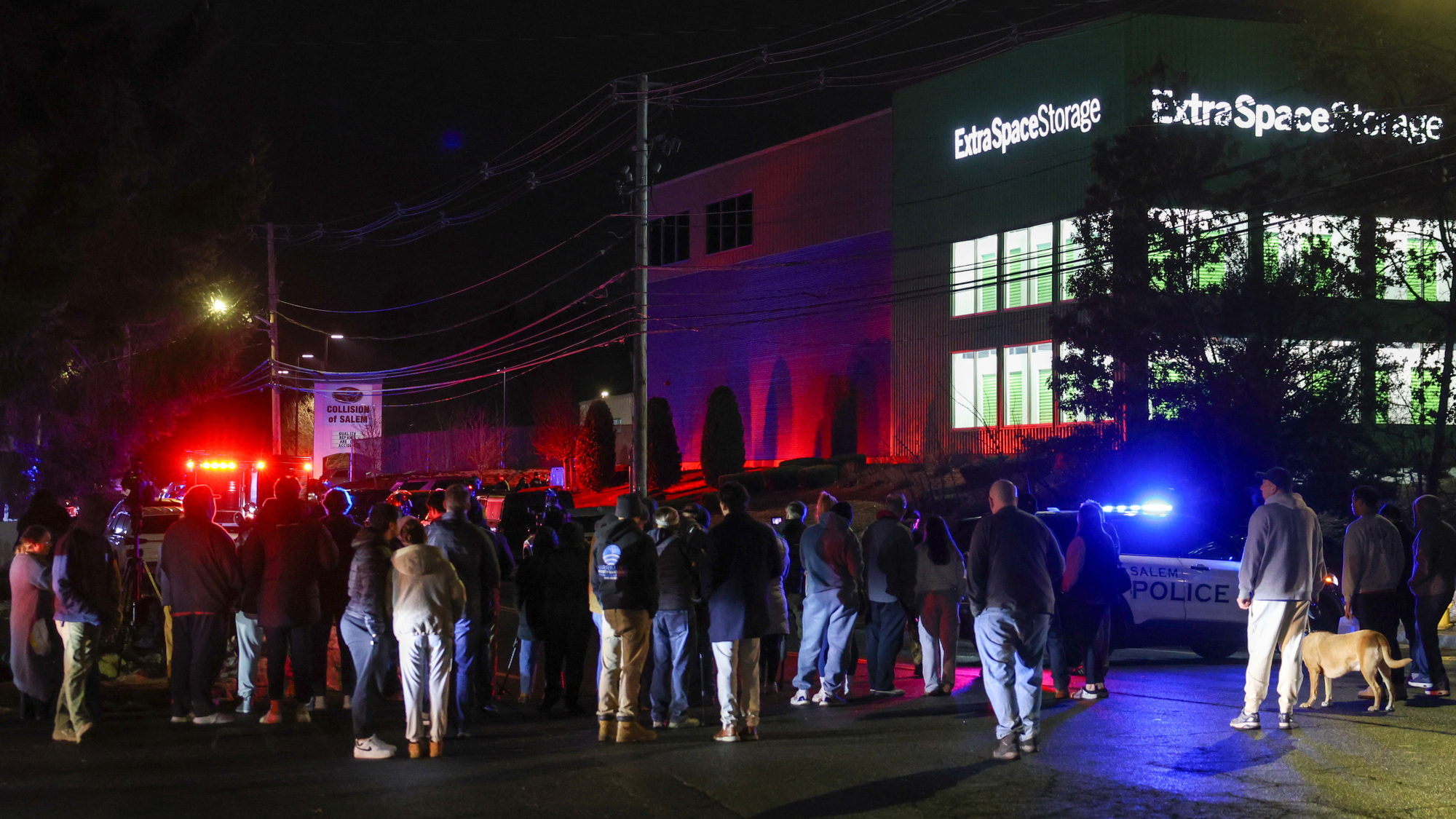 Sole suspect in Brown, MIT shootings found dead
Sole suspect in Brown, MIT shootings found deadSpeed Read The mass shooting suspect, a former Brown grad student, died of self-inflicted gunshot wounds
-
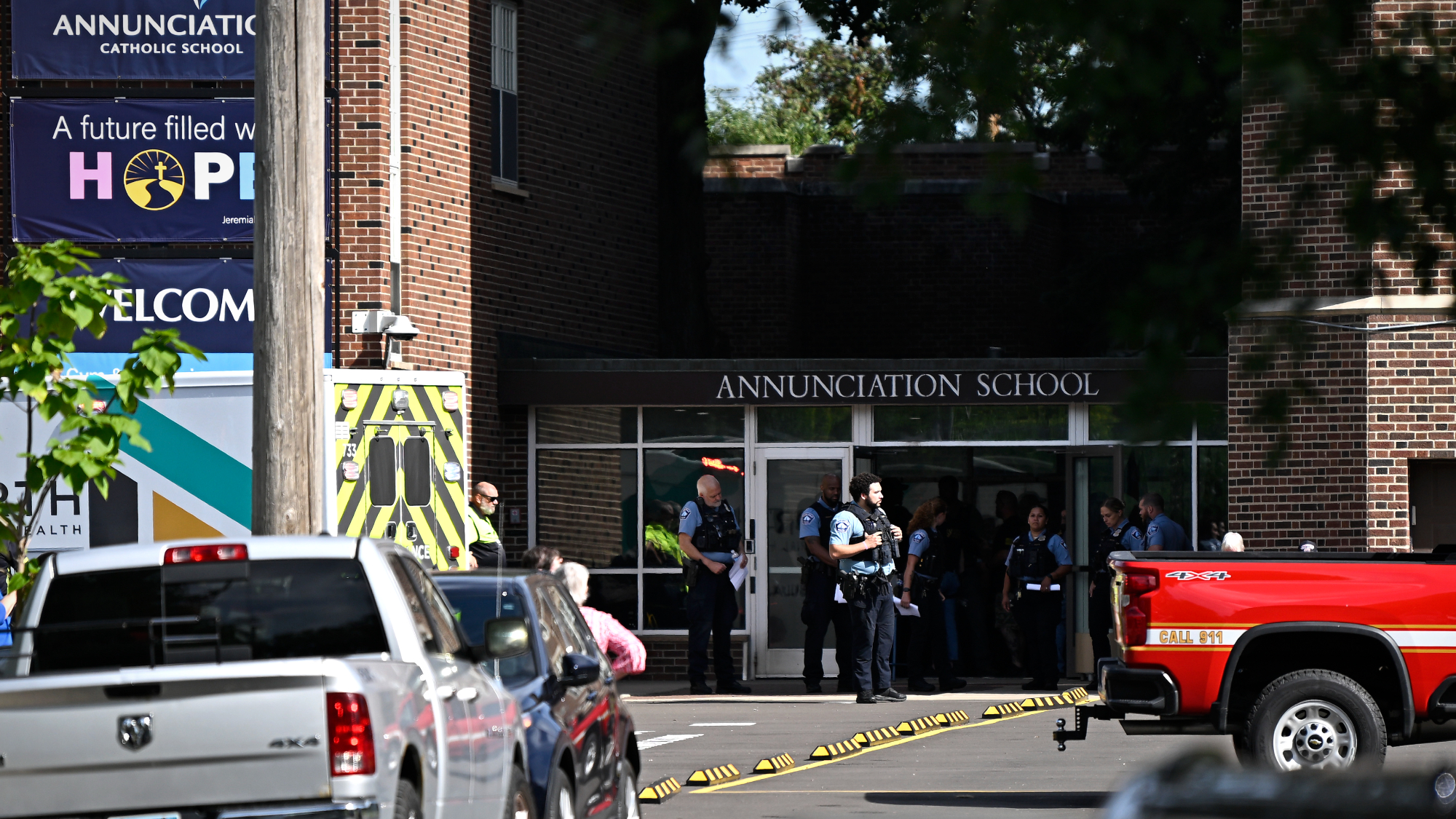 2 kids killed in shooting at Catholic school mass
2 kids killed in shooting at Catholic school massSpeed Read 17 others were wounded during a morning mass at the Annunciation Catholic School in Minneapolis
-
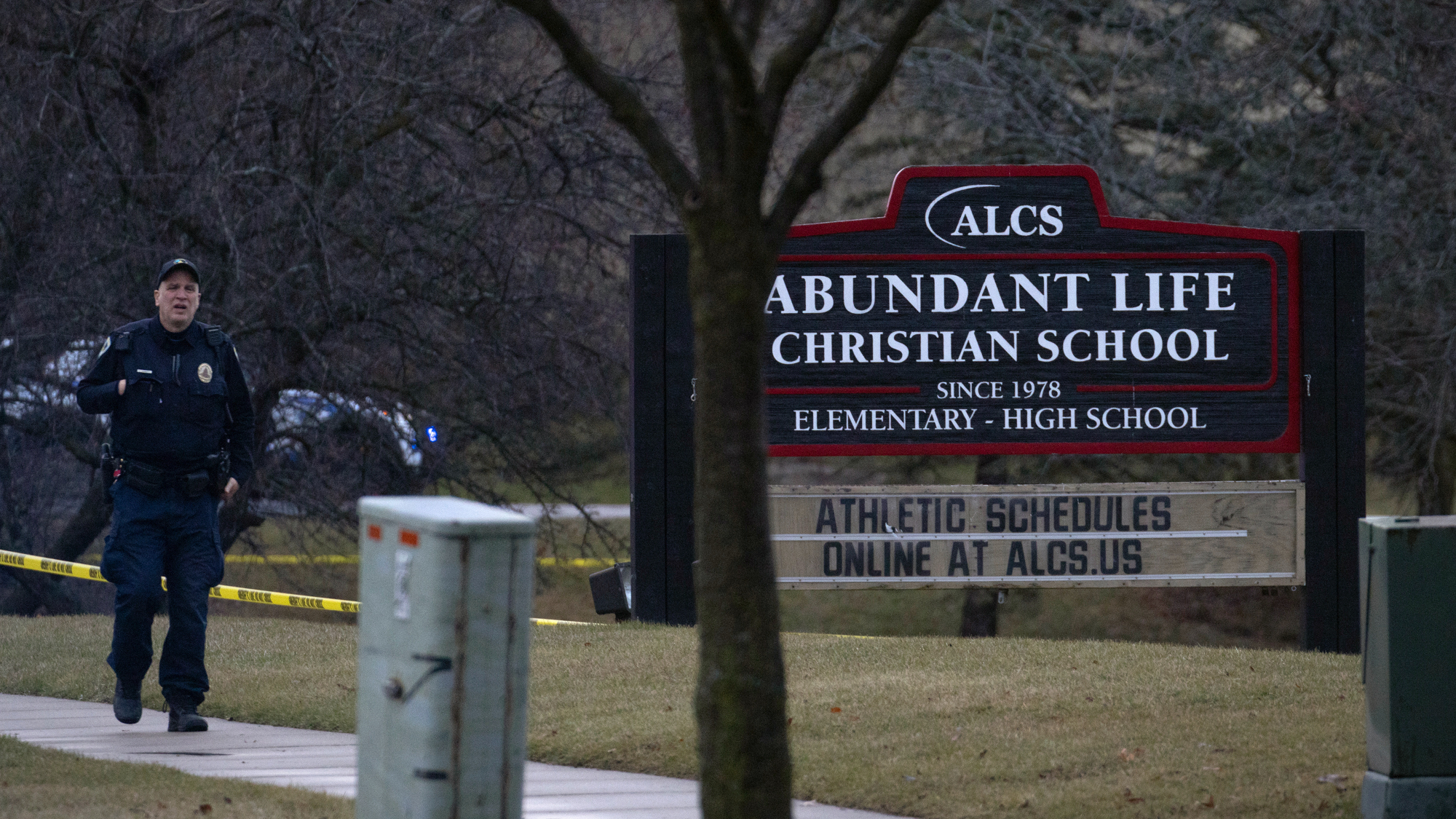 Teenage girl kills 2 in Wisconsin school shooting
Teenage girl kills 2 in Wisconsin school shootingSpeed Read 15-year-old Natalie Rupnow fatally shot a teacher and student at Abundant Life Christian School
-
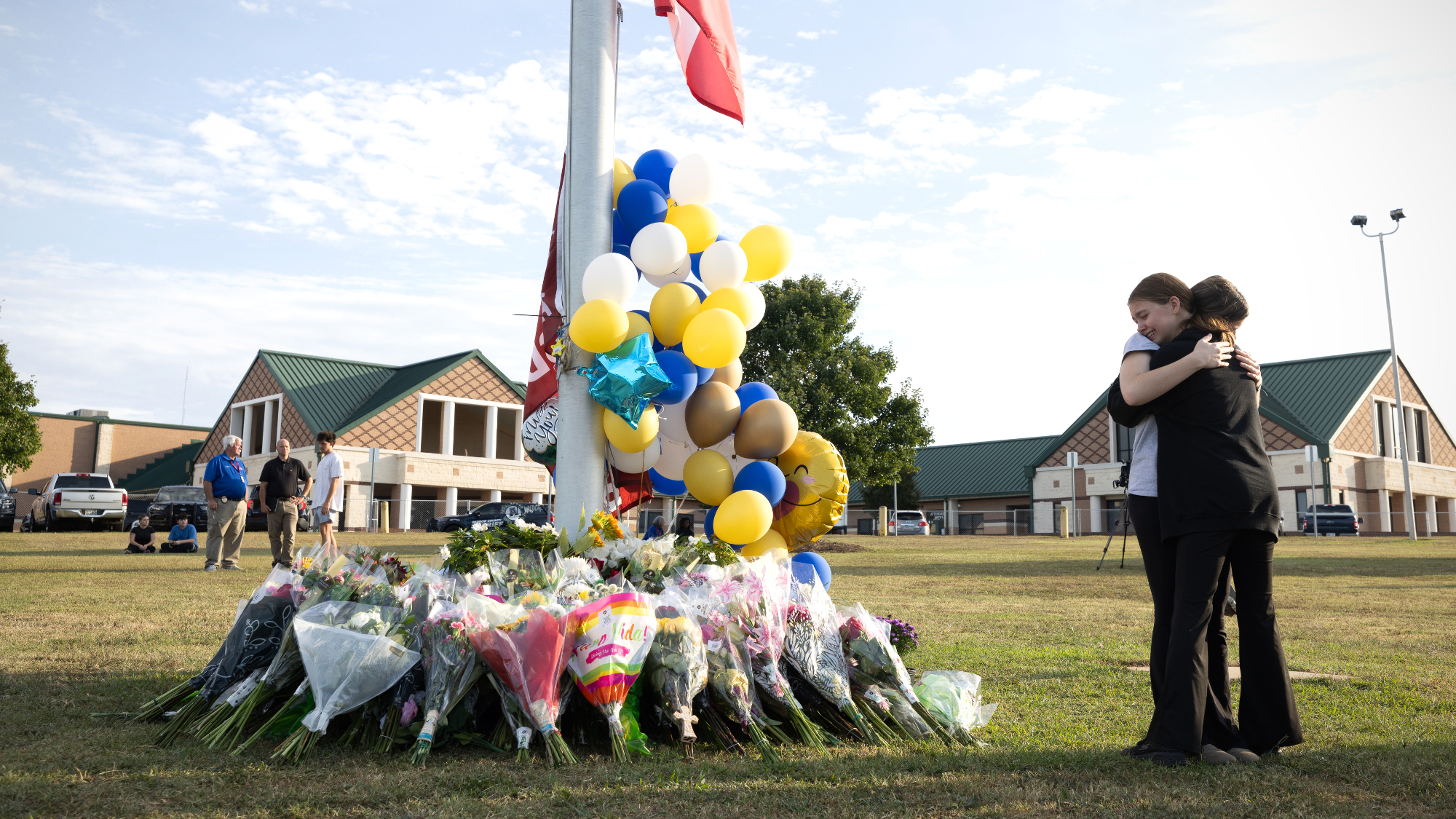 Father of alleged Georgia school shooter arrested
Father of alleged Georgia school shooter arrestedSpeed Read The 14-year-old's father was arrested in connection with the deaths of two teachers and two students
-
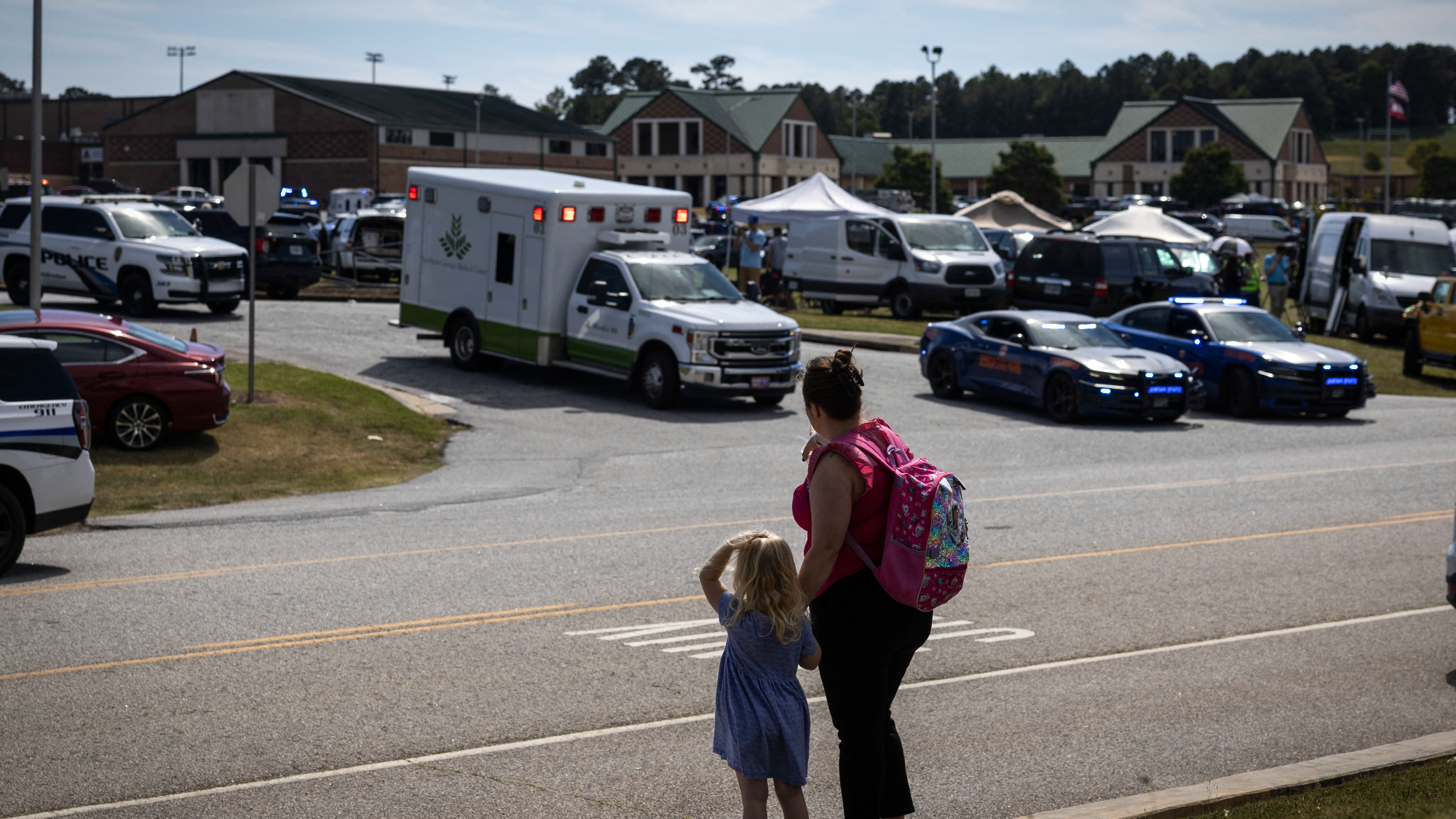 Teen kills 4 in Georgia high school shooting
Teen kills 4 in Georgia high school shootingSpeed Read A student shot and killed two classmates and two teachers at Apalachee High School
-
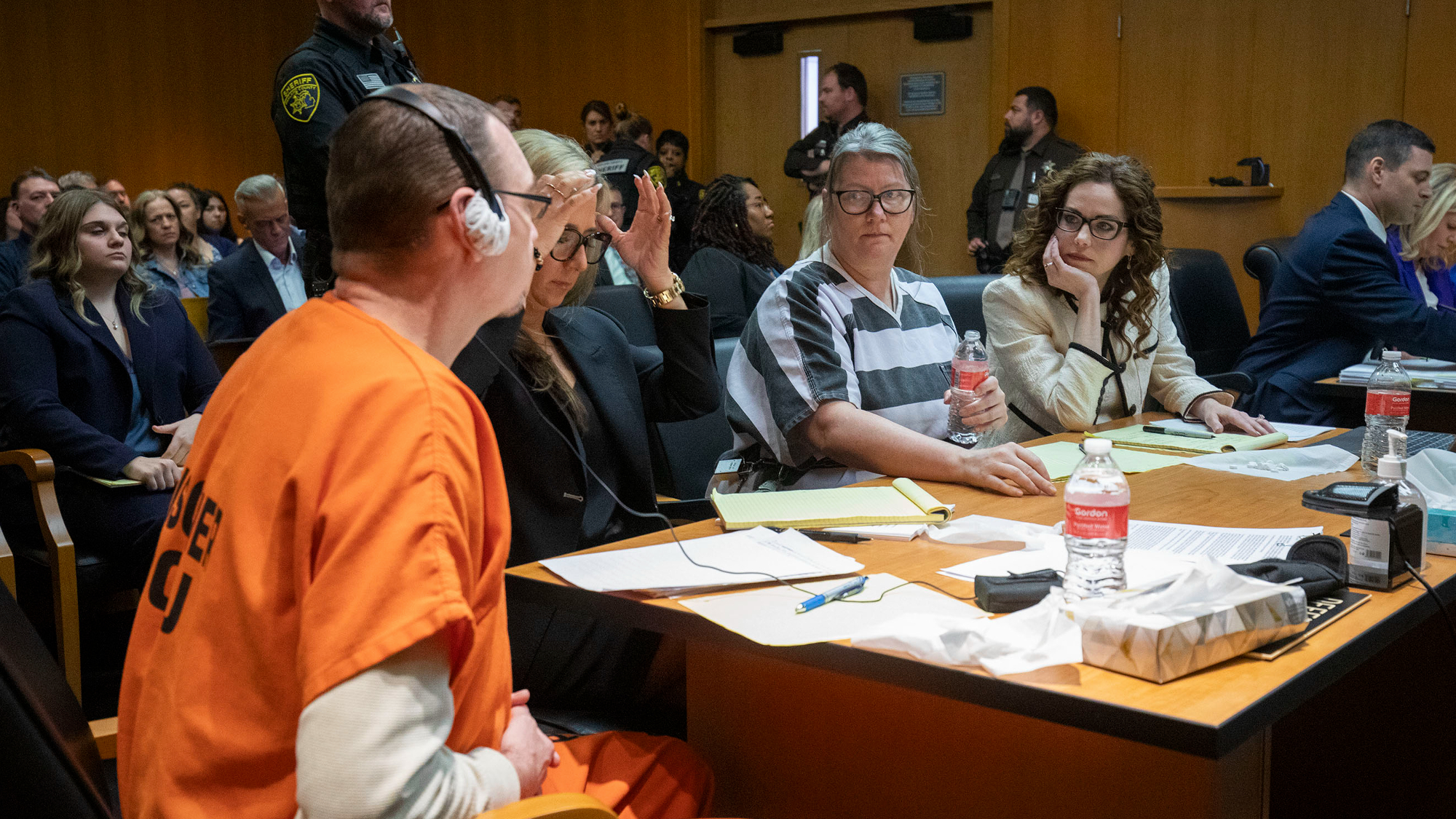 Parents of school shooter sentenced to 10-15 years
Parents of school shooter sentenced to 10-15 yearsSpeed Read Jennifer and James Crumbley are the first parents to be convicted in a US mass shooting
-
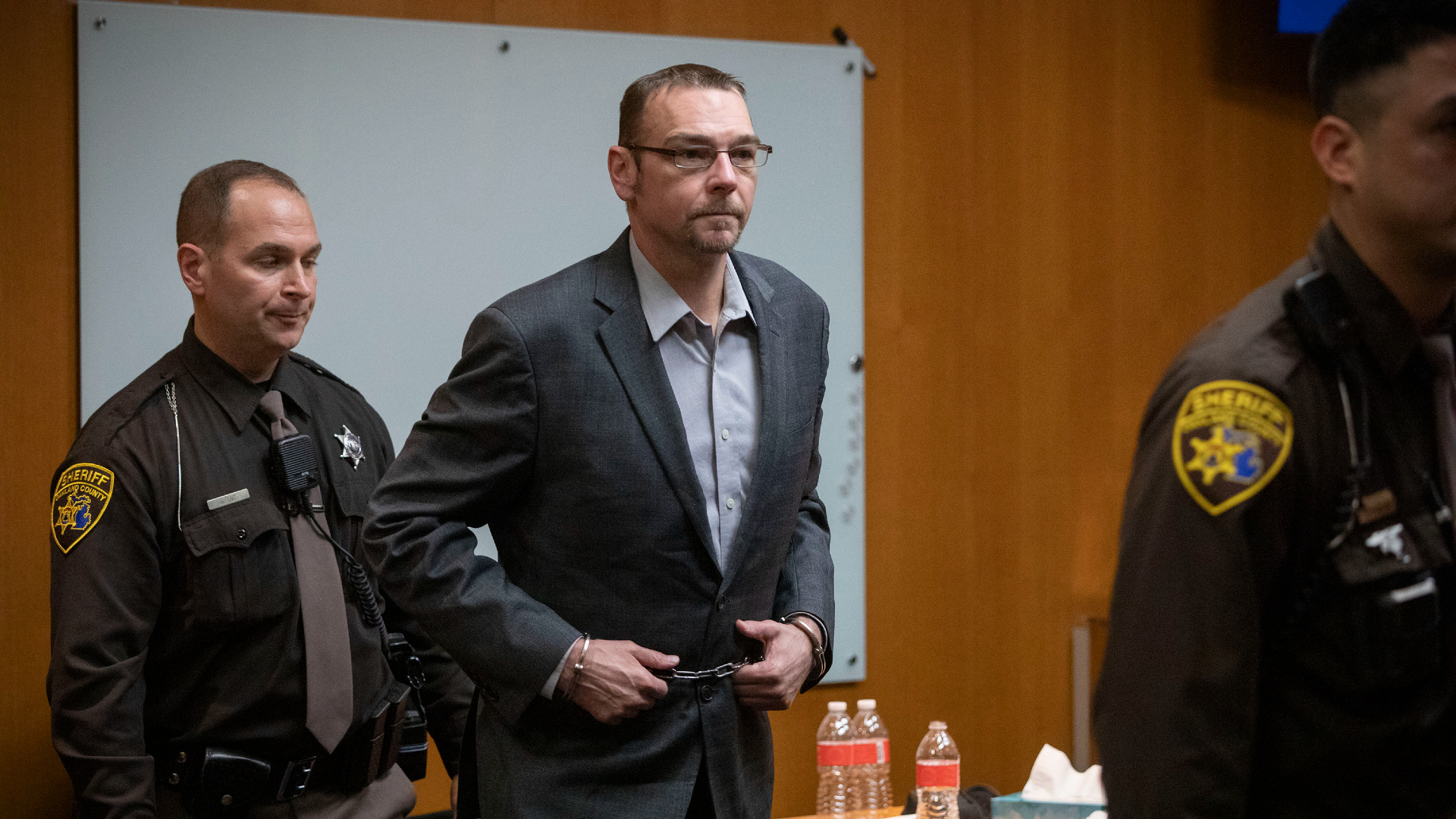 Michigan shooter's dad guilty of manslaughter
Michigan shooter's dad guilty of manslaughterspeed read James Crumbley failed to prevent his son from killing four students at Oxford High School in 2021
